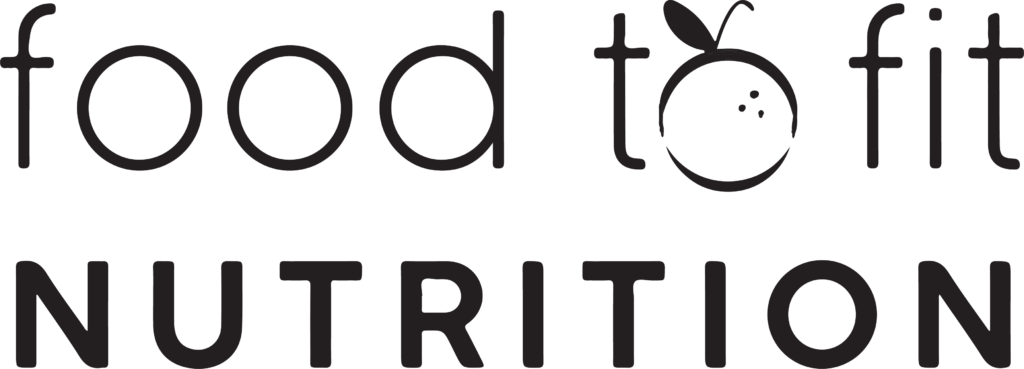
Your Health is in Your Hands?
Written by Brooke Bulloch, RD & CEO
I was scrolling social media one day and came across a message that said, “your health is in your hands and is increasingly a matter of choice, not chance”. But is this true?
As a dietitian of 15 years, I’ve come to learn a lot about various factors that play a role in the health of an individual. While the above perspective may be well-intentioned, it’s a misguided belief rooted in privilege, ableism, classism, healthism, and misinformation. This messaging is hurtful (even harmful). Here’s why:
Evidence supports that health discrepancies and differences are influenced by 5 population health determinants:
- Genes and biology;
- Access to medical care;
- Total ecology (ie. the relationship between humans and their built, social, or natural environments);
- Social characteristics such as socio-economic status, discrimination, oppression, and job strain;
- Health behaviours.
Health behaviours include “lifestyle” factors such as: dietary intake, physical activity, smoking, substance use, etc. These are a health determinant that individuals have some control over, and have potential to influence health outcomes. However, social characteristics account for most of society’s stark health differences, not health behaviours.
Social characteristics are an important determinant because they also influence other health determinants – access to medical care, total ecology, and even health behaviours. For example, people who experience weight discrimination by a health care provider – such as being told to lose weight rather than being given treatment options that someone in a smaller might receive – tend to avoid medical care. Additionally, while health behaviours are thought to make up about 30% of the social determinants of health, individuals don’t necessarily have complete control over these factors. Consider the following factors:
- Income level
- Living in isolated rural or northern locations
- Access to a vehicle
- Mental health
- Disabilities, and
- Neurodivergence.
All of these factors can influence a person’s access to a variety of nutrient-dense foods, exercise or physical activity, access to health care, and experiences with discrimination.
There is an immense amount of privilege that contributes to an individual’s health and their ability to engage in health-promoting behaviours. Individualistic approaches to health ignore impacts of health inequities. We saw how the COVID-19 pandemic disproportionately affected vulnerable and under-served people.
Do you hold an internalized belief that individuals are 100% responsible for their health outcomes or disease risk? Does this belief lead to shame and judgement of self or others? While engaging in health-promoting behaviours can help and individual to feel better overall, it’s certainly not a moral imperative. Those who do not or cannot participate in health-promoting behaviours remain worthy of dignified health care.
It is not my belief that health is more and more about choice than it is chance. In fact, your health is NOT 100% in your hands. Let’s re-write this narrative.
At Food to Fit Nutrition, we meet clients where they’re at. We aim to support their well-being in a way that validates their existence and lived experience. We use an inclusive approach to care while inviting clients to engage with curiosity and self-compassion. Book with our social worker or one of our dietitians here.
LET'S STAY IN TOUCH
Join our mailing list
Join our newsletter for more non-diet content including practical nourishment, recipes, nutrition myth-busting, and weight inclusive well-being.

Curiosity, self-compassion, food peace. Nutrition assessment, planning, and monitoring + food relationship counseling.
Food to Fit Locations:
#203, 2445 Broad Street
Regina, Saskatchewan
1124 8th Street East
Saskatoon, Saskatchewan





